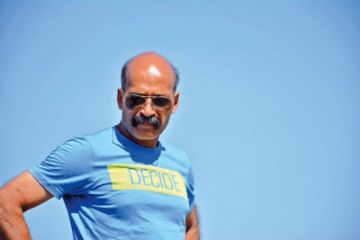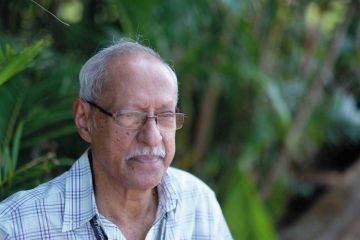
On February 9, 2018, a full-page open letter appeared on the front page of major Indian newspapers. In this letter addressed to Justice Srikrishna and other members of the committee tasked with formulating a data protection law for the country, Mitchell Baker, head of Mozilla, spelt out the lacunae in the committee’s recommendations.Ripping into Aadhaar programme and its ever expanding offshoots Baker wrote:‘In the vacuum created by India’s lack of a comprehensive data protection law, the G





